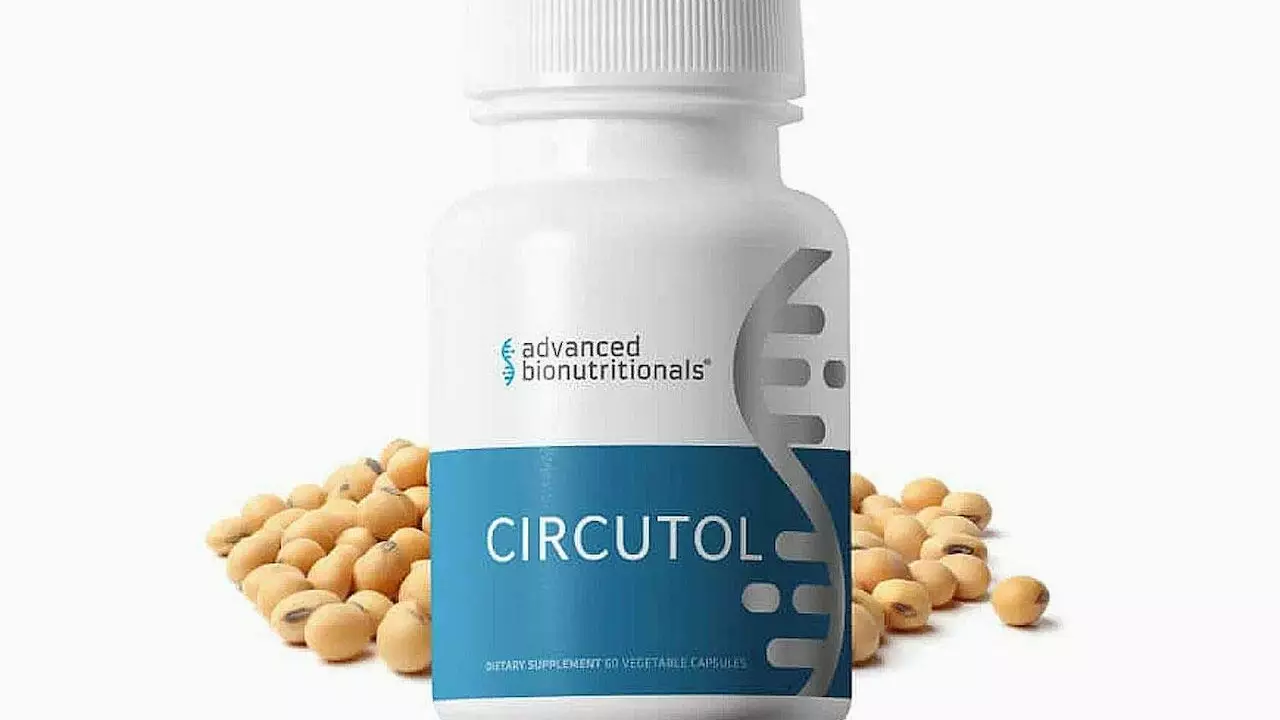Bael (Aegle marmelos): What it is and why people use it
Have you seen a hard, round fruit with a woody shell called bael? That’s Aegle marmelos — a South Asian tree used for centuries in Ayurvedic medicine. People use the ripe pulp, leaves, bark, and seeds for digestion, mild blood-sugar help, coughs, and occasional stomach upsets. It’s not a miracle cure, but it can be a practical plant-based option for everyday issues when used correctly.
What bael helps with
Many folks reach for bael for quick digestive relief. Ripe bael pulp is traditionally used as a gentle laxative and to ease constipation, while unripe fruit and decoctions act as an astringent for diarrhea and dysentery. That seems odd, but different stages of the fruit give different effects because of changing tannin and pectin levels.
Beyond digestion, smaller studies in journals like the Journal of Ethnopharmacology and Phytotherapy show anti-inflammatory and modest blood-sugar–lowering activity in animal tests and limited human trials. That means bael might help as an adjunct for mild blood-sugar control, but you shouldn’t replace prescribed diabetes meds with it. People also use bael leaf tea for coughs and mild respiratory irritation; some lab research supports anti-microbial and antioxidant activity, though clinical proof is limited.
How to use bael safely
Bael comes as dried fruit pulp, powders, syrups, capsules, and teas. For ripe pulp, traditional use ranges from about 10–30 g of fresh pulp per day. Standardized extracts in capsules often come in 300–1000 mg doses — usually taken once or twice daily. Labels vary, so follow the product instructions and pick reputable brands that list extract strength.
Watch for interactions: because bael can lower blood sugar, it may increase the effect of diabetes medicines and cause low blood sugar if you’re on insulin or oral drugs. If you’re pregnant or breastfeeding, avoid concentrated extracts — traditional guidance is to skip medicinal doses during pregnancy. Keep bael away from young children unless a pediatrician approves a mild preparation.
Side effects are uncommon at food-like doses, but higher or long-term doses can cause nausea, vomiting, or electrolyte shifts. Stop use and see a doctor if you get severe stomach pain, persistent vomiting, or signs of low blood sugar like dizziness and sweating.
Shopping tip: choose products with clear ingredient lists, third-party testing, and user reviews. If you’re trying bael for digestion or blood-sugar support, start with a low dose, track changes for a couple weeks, and tell your healthcare provider—especially if you take other medicines.
Want help picking a bael product or matching it to your symptoms? Tell me what you’re aiming to treat and I’ll point you to sensible options and questions to ask the seller or your clinician.
Boost Your Immunity and Improve Digestion with Bael: The All-in-One Dietary Supplement
In my latest blog post, I discuss the numerous benefits of Bael, a versatile dietary supplement. This powerhouse supplement is known to both boost your immune system and improve digestion. With its rich nutritional profile, Bael provides all-in-one support for your overall health. So, if you're searching for a natural way to enhance your health, consider adding Bael to your diet. Stay tuned to learn more about its benefits and how to incorporate it into your daily routine.
View More
